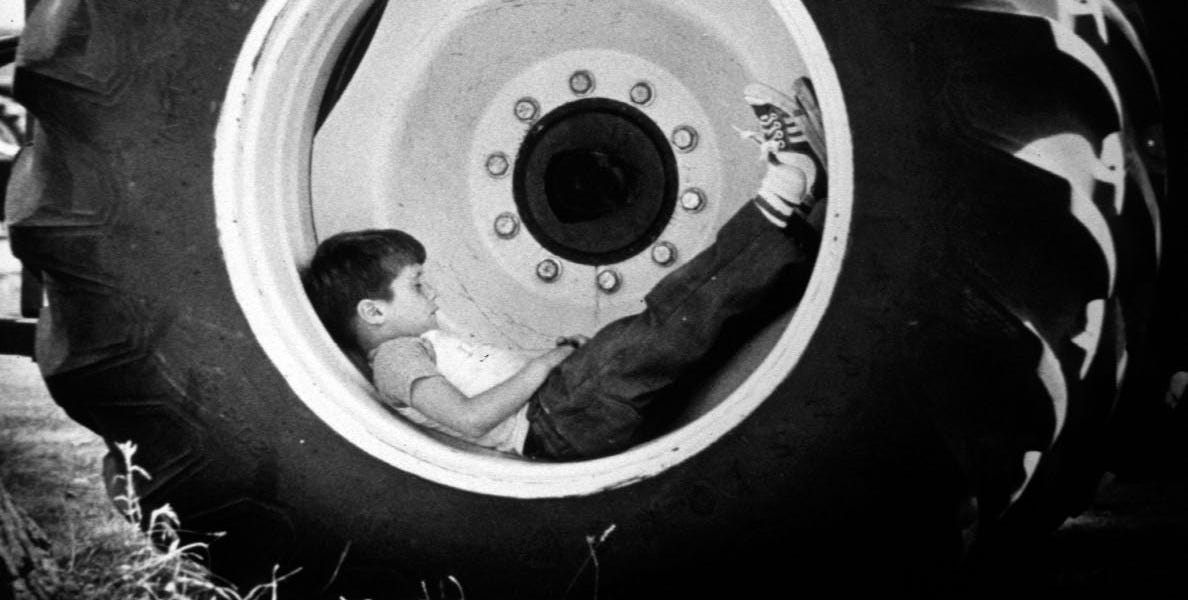Unpacking Your Dream Job: The Coffee Bean Procedure

Many dream of owning a small coffee shop, but the author introduces the "Coffee Bean Procedure": breaking down the minutiae of running a cafe, from sourcing beans to managing staff. This 'unpacking' forces a confrontation with the reality of work, revealing that many lack understanding of a job's true content. The author uses this to illustrate how idealized notions of high-status professions often ignore the hardship and immense effort required. Only the truly 'crazy'—those with unwavering dedication—succeed. The piece encourages readers to unpack their career aspirations, finding a job matching their unique traits, and pursuing their goals with fearless abandon.
Read more

